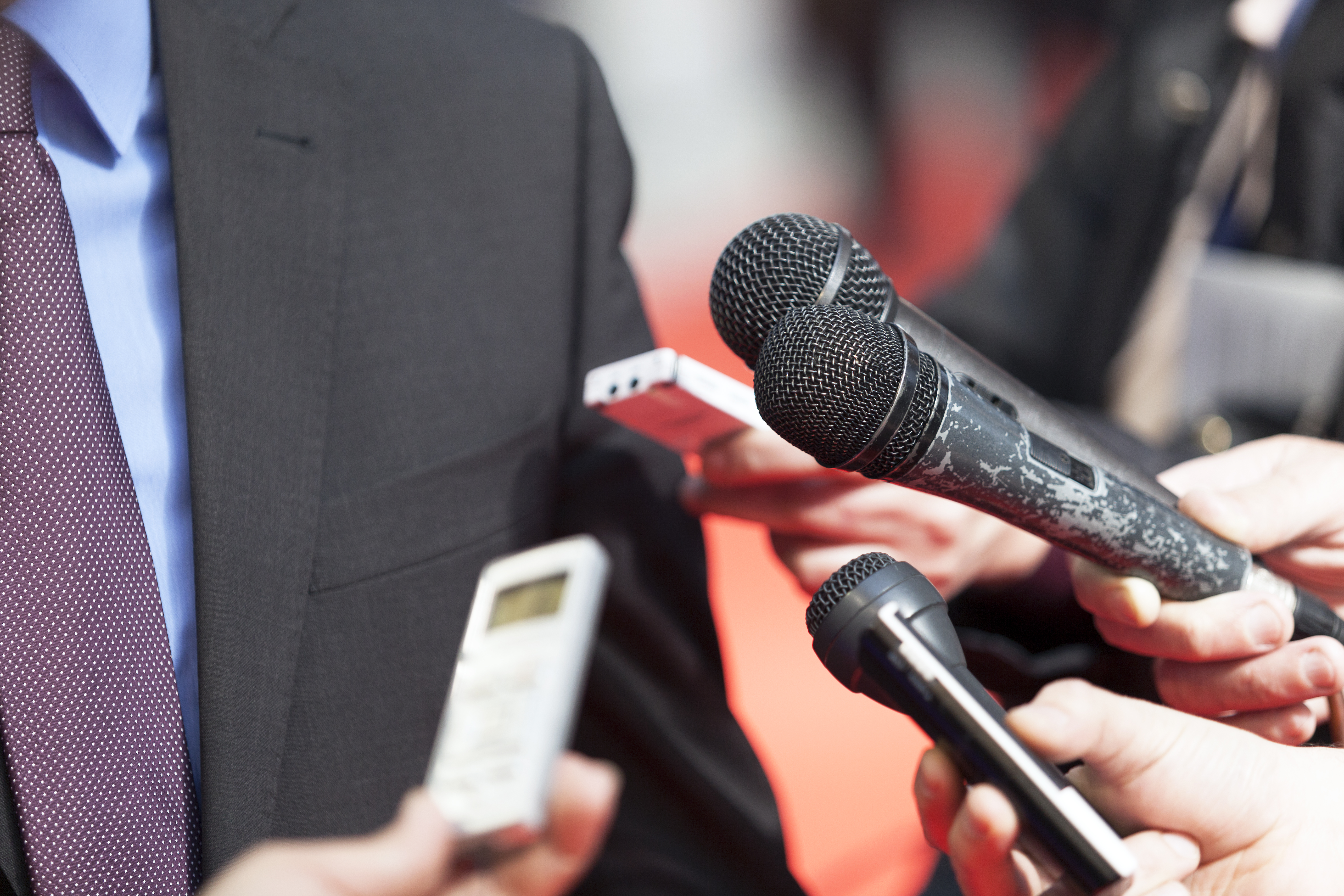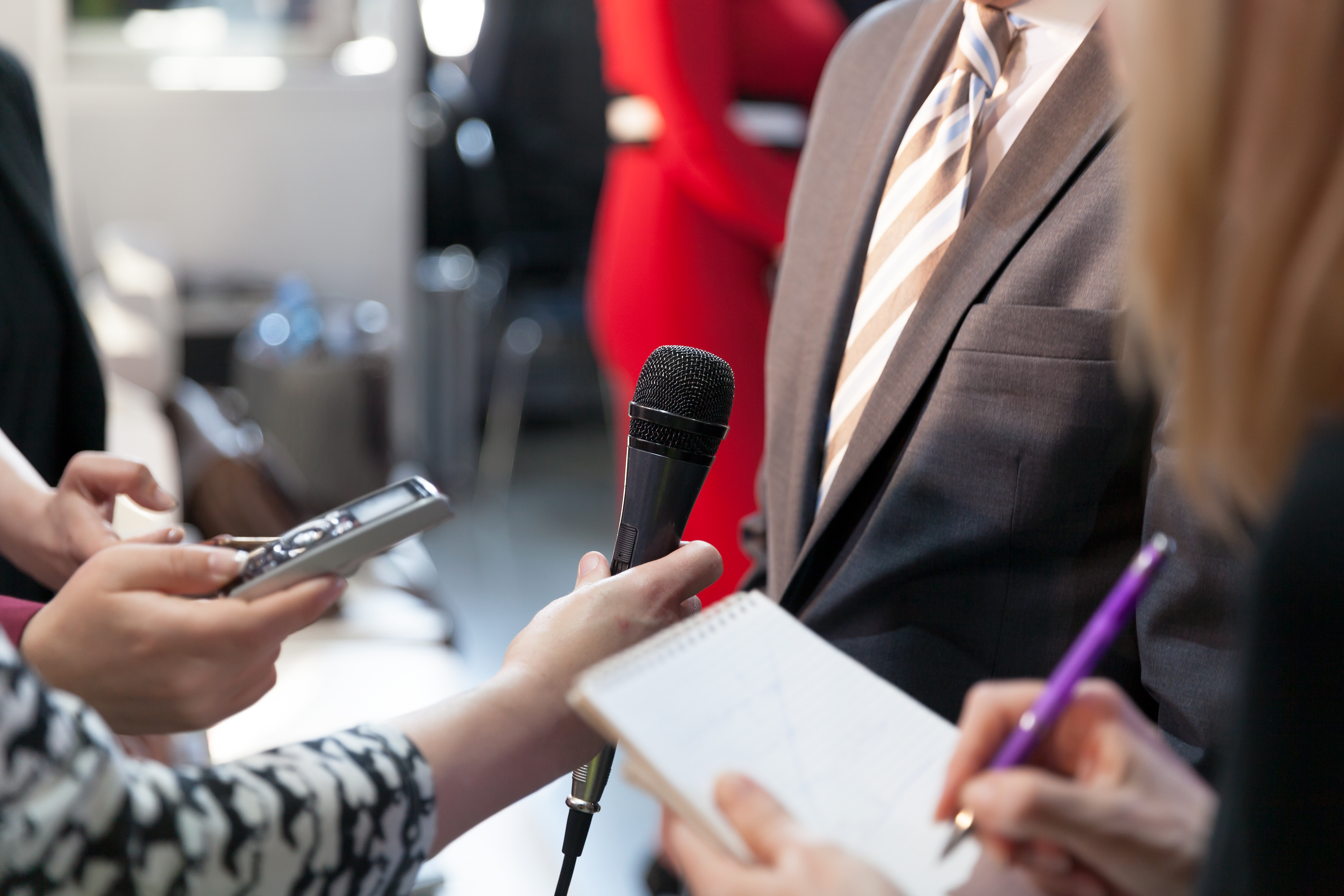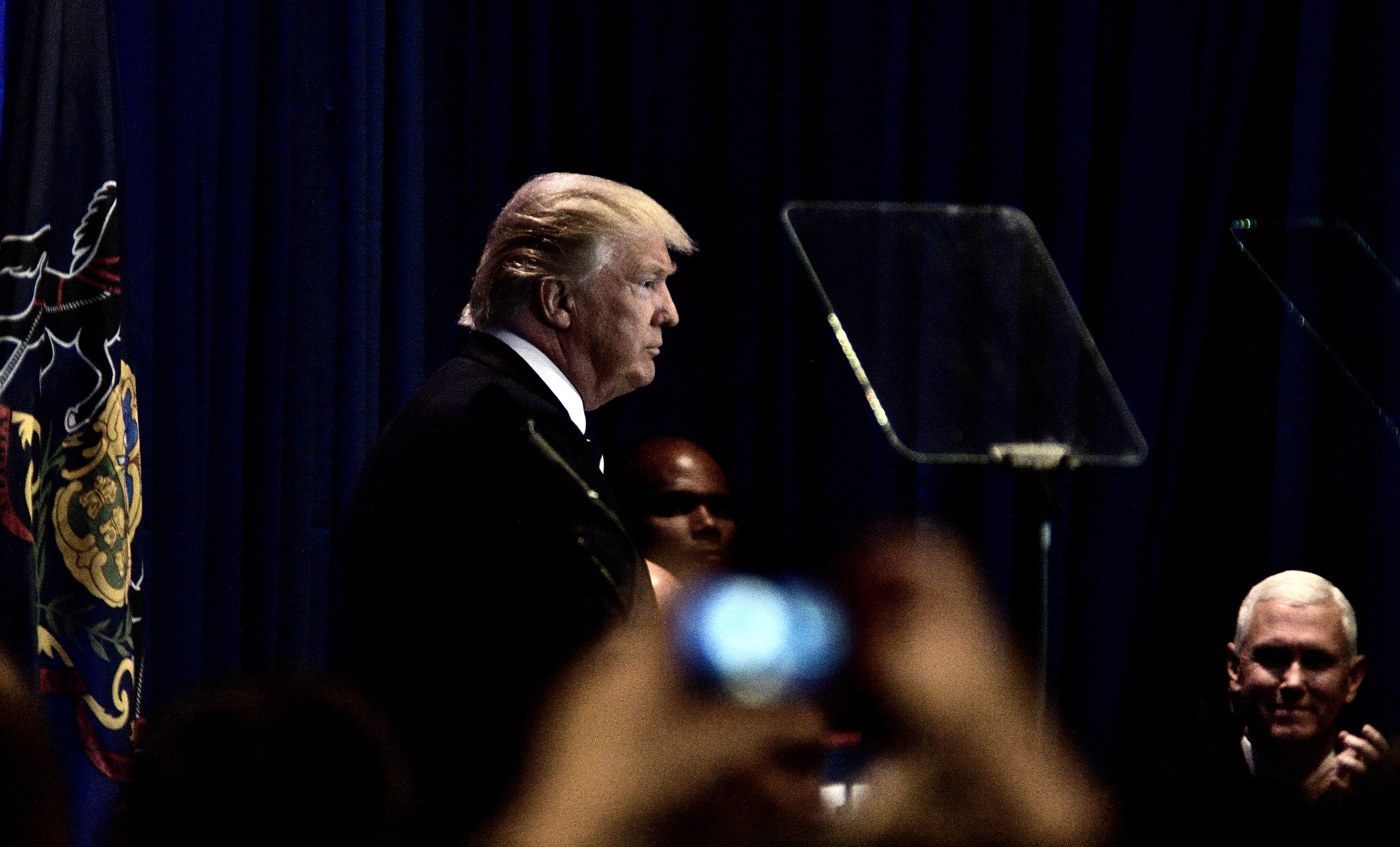April 26, 2017
Freedom of the Press and Why It Matters

At Greentarget, we value the work that reporters do every day, and appreciate the privilege to collaborate with writers and editors who impact society through their journalism. Our belief that the principles of journalism play a vital role in the proliferation of knowledge and ideas is part of our DNA.
Lately we’ve grown increasingly concerned about journalists’ ability to keep covering the news with independence and integrity. In the last year or so we’ve seen high-profile attacks on the press from the highest levels of government and even threats to curb press freedoms.
So we reached out to Courtney Radsch, advocacy director of the Committee to Protect Journalists (CPJ), which promotes press freedoms around the world. Radsch says the news media is in the midst of a “galvanizing moment” that’s showing “how important journalism really is.”
“The press is the Fourth Estate, the only independent check on power,” she says. “Given the lack of forthcoming information [from Washington], journalists have a more important role to play to make sure that the public is informed and that they are fulfilling their roles to its greatest potential.”
Radsch has been heartened in recent months to see the press stand up for the core pillars of journalism, but noted an eye-opening tweet that said, “We’re in trouble when quoting the First Amendment starts to feel like an act of resistance.”
Today’s media-government dynamic is a marked departure from the one that had been in place for decades. Despite the adversarial relationship between the media and the government, Washington has stepped up to support CPJ — and the profession — when it mattered. For instance, if a journalist was imprisoned overseas, media organizations could ask the State Department or Defense Department for assistance, and usually, they got it.
Radsch isn’t sure that kind of relationship is possible in 2017, and the potential for declining press freedoms here has ramifications around the world because the U.S. sets the global tone on press protections. CPJ is working with similar organizations across the country to collaborate on a range of press freedom, media justice and open government issues at every level of government. Later this year, CPJ, the Freedom of the Press Foundation, the Reporters Committee for Freedom of the Press, the Knight First Amendment Center and the Index on Censorship will launch an as-yet unnamed news site to track press-freedom violations in the U.S.
Still, the bitter anti-media rhetoric we saw during the election hasn’t softened or dissipated. “We saw the rise in attacks against journalists during the campaign season and hoped the verbal and physical abuse would taper off, but it has continued — and the attacks have increased,” Radsch says. “Women journalists are getting trolled online, and there has been a rise of attacks on Jewish journalists. We’d like to get ahead of these issues and be informed of the true challenges to press freedoms. It’s hard to advocate for change if you don’t know what the incidents are.”
So will the recent attacks on press freedoms intimidate reporters and news organizations, or prevent them from telling the stories they feel the public has a right — and likely a need — to know? Radsch acknowledges that journalists aren’t naïve about the dangers facing them, but she hopes it won’t impact their reporting.
“We hope this isn’t the way we’re heading,” she says.









